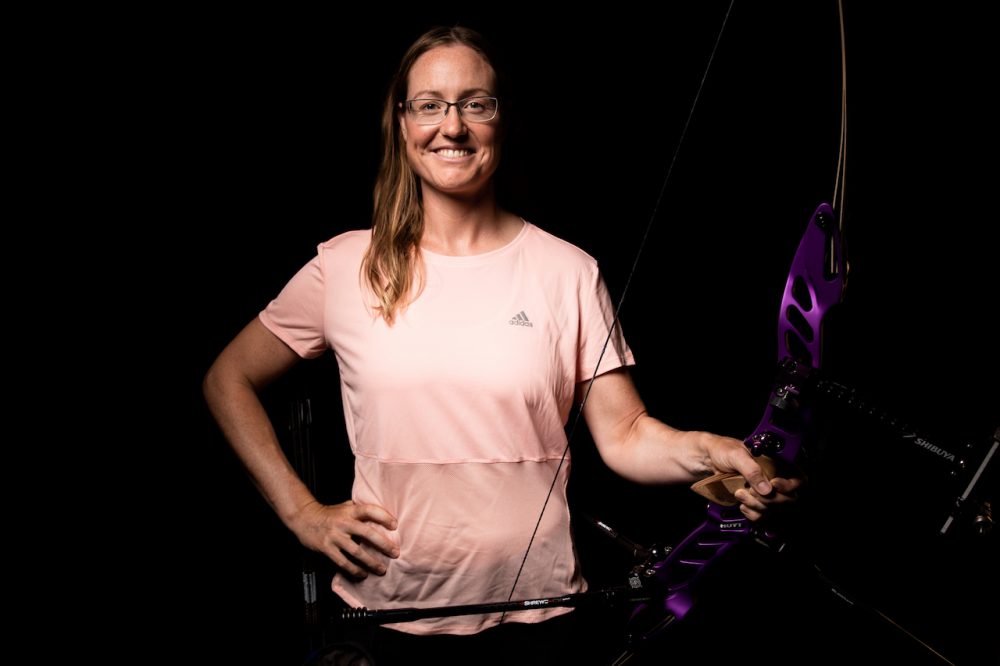
Namita Nayyar:
You took part in the 2016 Summer Olympics winning the silver medal, achieving the first Individual medal for your country at the Olympic Games. In 2017, you won the gold medal at The World Games 2017. Being a world champion and olympian, were your eyes always set on this goal? What are your 5 tips for beginners who aspire to be like you?
LISA UNRUH:
Yes my biggest dream was to be the best archer in the world and since my childhood to take part in the Olympic Games and I did it. To win a medal at the Olympics has been the greatest thing in my life until now.
Ok some tips from me.
- Be patient, sometimes you need more time to develop your technique.
- Listen to your coach.
- Watch all the YouTube videos from “World Archery” because you can see all the good archers competing and you can learn a lot from them.
- If you want to be a good archer, you have to train six times a week. It’s not necessary to make a lot of arrows but it’s really important to do it continuously.
- You should often shoot for score during practice.
Namita Nayyar:
How do you start your day? Every sportsperson has a disciplined routine to succeed what do you say on that?
LISA UNRUH:
I start my day with meditation and yoga, sun salutation. This is important for me because the meditation helps me on the mental site and yoga is good for my body and my flexibility. After this I eat breakfast. Sometimes I eat yogurt with fruits or chia pudding with fruits or just a smoothie. It depends on what I like that day.
Namita Nayyar:
“My favourite match was the world indoor championship gold medal match in 2016 against Natalia Lesniak.” Before taking up archery as a sport, what are the key points to keep in mind? List top 3.
LISA UNRUH:
First of all you have to have fun. That’s why we are doing Archery.
Second thing is you have to be brave and self-confident. Trust yourself that you will take every arrow straight in the middle.
And last but not least practice your technique every single day, instead of Sunday.
Disclaimer
The Content is not intended to be a substitute for professional medical advice, diagnosis, or treatment. Always seek the advice of your physician or other qualified health provider with any questions you may have regarding a medical condition.